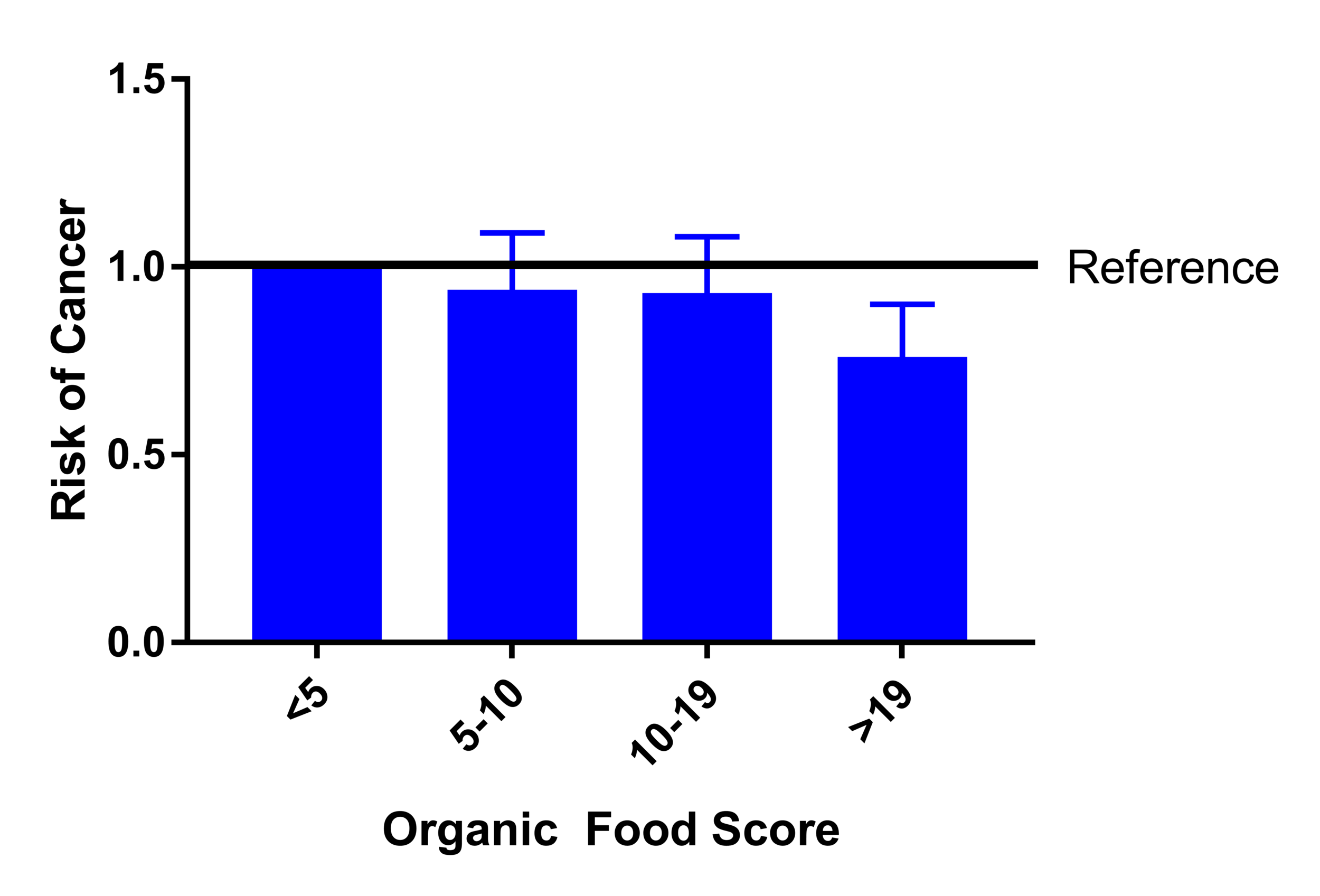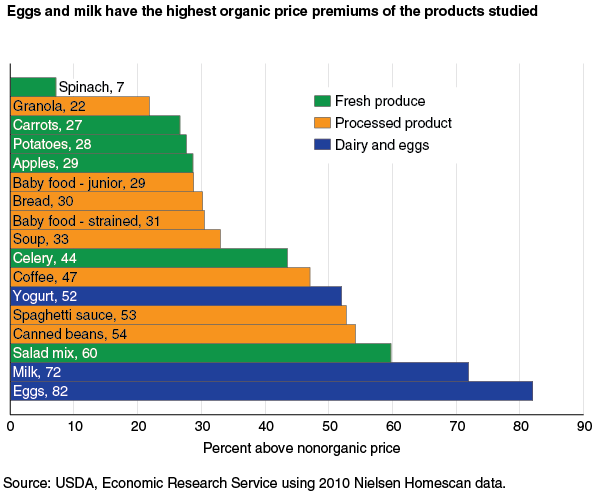Organic Food Does Not Prevent Cancer. Being Rich Enough to Afford Organic Food Does.
/A new study suggests that those who eat a diet high in organic foods have lower rates of cancer.
Sometimes, I know what the results of a study are going to be even before I finish reading the title.
This week, we are looking at this study, appearing in JAMA Internal Medicine.
Can you guess the result?
I’ll give you a little hint. If the exposure of interest in a study is a luxury good, it will be associated with better health outcomes.
Today we are looking at an observational study that shows that people who eat lots of organic food have slightly lower rates of cancer than people who don’t eat lots of organic food.
Those of you who have watched my videos for a while (thanks, mom) know that I am not a fan of nutritional epidemiology.
There are two problems with ANY study that says eating (or drinking) X prevents Y.
1) What you eat and drink is tied to a deep wealth of cultural, social, gustatory, and economic conditions that can not simply be waved away by a bit of statistical software
And
2) The thing the study is talking about, the thing you eat or drink, is not a single thing, it is a hodgepodge of millions of chemical and biological components, many of which can be found in many other things.
OK I’m off my soapbox now.
This study used the Nutrinet-Sante database to come to its conclusions.
Nutrinet Sante is a longitudinal, web-based survey conducted in France that to date has enrolled over 200,000 individuals. The study looks at roughly 70,000 of them with adequate data for analysis.
Two months into the study, participants were asked how often they ate organic food in 16 categories ranging from fruits to vegetables to wine to sugar. Is there organic sugar? Oh yes of course there is.
Each participant got an organic food score that was then linked to subsequent cancer diagnoses and, voila, the following relationship emerged:
That’s right – the more organic food you take in, the less cancer.
Now a lot of news outlets and health blogs are going to stop right here and claim a victory for organic food – food that is nutritionally indistinguishable from its conventional colleagues but is up to twice as expensive.
But don’t buy it just yet.
As you can guess, people who ate a lot of organic food were substantially different than those who didn’t. They were more likely to be women, had higher occupational status, made more money, had greater education, and were more likely to be married.
To be fair, the authors adjusted for these factors, but adjustment isn’t perfect – it only works if you measure all of those factors very accurately, which is almost never the case.
And there were other differences that weren’t adjusted for.
Way down in the supplemental data, we find that the people who ate a lot of organic food ate more monounsaturated and polyunsaturated fatty acids, less animal protein, more beta-carotene, less cholesterol, more iron, and more vitamin C among many others. These were not accounted for in the statistical model. That doesn’t mean they would change the results, but it reminds us that “eating organic” is more than just eating the exact same food as you otherwise would but with a little label on it.
Look, organic food is a luxury good. And luxury goods are associated with a survival benefit because rich people live longer. Is it fair? No. But it’s true. Yet we don’t see studies extolling the virtues of foie gras in preventing cancer because they would be laughed out of the journal.
Should you encourage your patients to eat organic? Not on the basis of this study. Should you encourage your patients to act like the type of person who eats organic? That’s a conclusion that’s easier to swallow.






